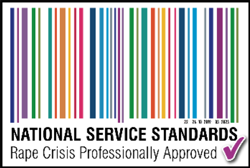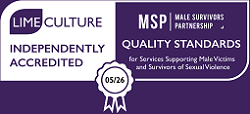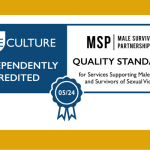Safer Internet Day
Research commissioned by the charity Girlguiding* has found that more than a fifth of female social media users (aged 13-21) have received unsolicited sexually explicit content in the past 12 months. While much of this is referred to as ‘dick pics’ there is no humour on the impact on those receiving such content.
7 February is Safer Internet Day, when we’re all challenged to think about how safe the internet is and what we can do about it. Today we look at some of the issues and steps we can take to make the internet safer. We also introduce our Social Media House Rules, designed to help everyone stay safe on our social media platforms.
Worrying statistics
In her recent BBC documentary Emily Atack talked about the 100s of images and sexualised threats (including to rape) she receives daily. While it takes a couple of seconds to send such content, the impact on the recipient lasts a lot longer. It can lead them to questioning themselves about what they have done, are they to blame and what should they do to prevent it.
Research from Girlguiding revealed that over three-quarters (79%) of young women have experienced online harm in 2021. This online harm comes in the form of sexist comments (35%), cyberflashing (22%), sexual harassment (20%), catfishing (20%), pressure to share nude pictures (16%) and cyberstalking (13%). Over three-quarters (76%) said they felt anxious, angry, scared, depressed or less confident in themselves as a result.
The Children’s Commissioner’s report on young people and pornography says that the average age at which children first see pornography is 13. 79% of young people had encountered violent pornography before the age of 18.
These statistics are extremely worrying and this is before we even think about phishing, threats, impersonation, bullying, deep-fake images and content which encourages self-harm and suicide.
Keeping Safe
There are several things that you can do to help keep yourself and your family safe. For example:
- Install an antivirus and keep it updated
- Set up parental controls on WiFi, games consoles, mobiles etc, to try and stop inappropriate content: https://saferinternet.org.uk/
- Talk to your children about how to use the internet safely – you can find advice from the NSPCC here and CEOP education have some useful age-specific information, games, videos and tools for children, teens and parents to use.
- Get to know the controls for the social media platforms you use – for example security settings and the block, hide and report features
- Have different passwords for your apps and logons. These should be a mixture of letters, numbers and symbols and not be guessable.
- Enable multi-factor identification logins, so that when you are accessing an account, you get asked for more than just a password. You might also be asked to enter a code set to your phone for example.
- Be aware of suspicious emails, especially emails from people you don’t know asking you to click on a link or take advantage of an offer ‘before it is too late.’ If you get an email from a friend that does not seem to be written in their usual style, check with them first (eg by phoning them) to make sure the email is genuine.
- For survivors of domestic abuse, Refuge and Avast have created a Digital Break-Up Tool to help you keep safe and regain control of your online space.
You can find lots more hints, tips and information on https://saferinternet.org.uk/
If things go wrong
If you find that things have gone wrong there are many different ways of coping with this. However, www.reportharmfulcontent.com says that if you think someone is in immediate danger, a threat to someone’s life has been made, someone’s safety has been compromised or someone is being forced to take part in sexual behaviours online, you should contact the police.
We have listed some different scenarios below, with some suggestions and links to where you can get help from:
- For bullying, unreasonable behaviour and similar on social media, the block and report features can be very useful. Find out more through the settings on your app or by searching online.
- Change your password to any of your accounts you think might have been hacked.
- Report harmful content on this website
- Contact the Revenge Porn Helpline if you are aged 18 and over and have been affected by ‘revenge porn.’
- Seek support. It is natural to feel upset if you feel that your privacy has been invaded. If you have also experienced sexual abuse at any point in your life this can be very triggering. If you have experienced revenge porn, been sent an unwanted image or you feel like you are being forced or tricked into things you don’t want to do online, getting support can be vital. We are able to support adults who have been affected in this way, while the CEOP and the NSPCC are useful contacts for those worried about a person under 18.
Creating change
The Online Safety Bill is currently with the House of Lords. This will hopefully make the online world (in the UK) a safer place. But often legislation struggles to keep up with new and emerging trends. It is true that the online world which has opened many new avenues to abuse.
Our friends at Equation have created at Practitioners Network on the issue of tech abuse and issue a bi-monthly newsletter on this. You can find out more about this here
We know that talking about sexual violence on social media can often feel challenging. We want our social media spaces to be safe for all. As part of this we have developed a set of ‘social media house rules’ for people who are part of our online community. It helps people get the most of their interactions with us while keeping it a safe space for all. We hope that these resources are useful this Safer Internet Day.
* You can download the GirlGuiding briefing It happens all the time to find out more about their research in this area.






